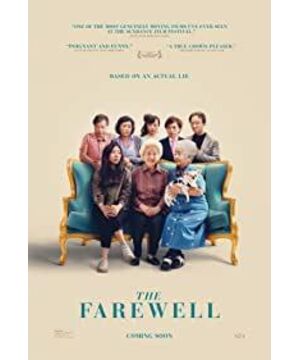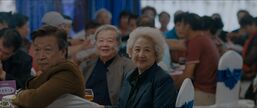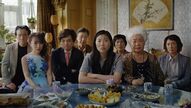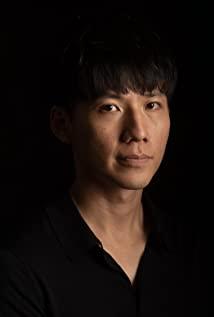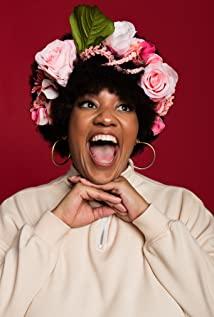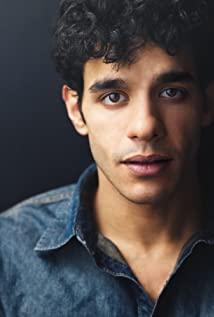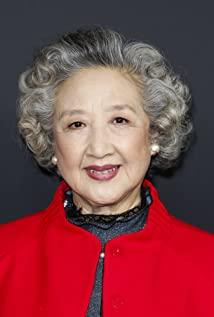The tagline is “based on a truth lie”, sophomore feature from Lulu Wang, THE FAREWELL germinates from her own story, a 30-year-old American-Chinese Billi (Awkwafina) living in the Big Apple, struggling to strike out. After receiving the sad tidings that Nai Nai (the literal translation in Mandarin of paternal grandmother, played by Chinese veteran TV and stage actress Zhao Shuzhen) is diagnosed with terminal lung cancer, she flies back to Changchun, the capital city of Jilin Province, but her western values clash with the family's collective decision to keep the diagnosis from Nai Nai, under the pretense of a rushed wedding of Haohao (Chen Han), Nai Nai's grandson and Billi's cousin, the whole estranged family is convened together to see Nai Nai, presumably for the last time (but wait until the end credits,there is a propitious twist in the real life happenstance).
As a potent dramedy, THE FAREWELL treads gingerly to signpost the exotic cultural landscape (a low-key, sublime renditioning of a Chinese city without the usual visual pointers like lanterns or dragons) and tackles the disparate occidental/oriental ideologies with amazing restraint (tension slowly builds during a dinner where family members bickering between xenophilia and offshore nationalism is the sharpest moment, but Wang doesn't run away with choosing sides), and in the central, it is the emotional flux that vehemently strikes a chord universally, of the irrepressible love and sorrow when the brood has to say goodbye to a beloved, elderly, supposedly unwitting matriarch, which somewhat manages to outshine the thorny question of whether or not the patient has the right of knowing the truth,whether the lie is a breach of human rights or a white lie that best suits the situation, the answer might be both, but one must act as one's conscience goes, just like Billi's believable change of heart.
Possibly influenced by her current boyfriend, filmmaker Barry Jenkins, Wang's visual aesthetic relishes in a subdued, tasteful palette that elevates even the most nondescript scenic composition, the China depicted here is seen through an artistic lens, which leans typically on romanticizing the banality and realism from a western viewpoint, that might be the main issue for sensitive oriental viewers, Billi's well-off, privileged family seems to exist above the common herd, detached from the day-to-day hardship where most citizens are struggling with, it would have become an effective parallel with Billi's own plight of independence.
Occasionally capturing the signs of the times, for instance, a glancing of a mahjong game played in a hotel room, or the lousy business of the restaurant arranging for the wedding banquet, THE FAREWELL gives Awkwafina a rare chance to immerse herself into a drama with a serious subject, with her broken Chinese and an almost featureless personality, she maxes out a brilliant mix of sincerity and poignancy in several key scenes, contending for an Oscar nomination, which will be a first for an actress of Far East lineage (she is half-Korean, half Chinese), a catch is that Billi herself is not a fascinating character, for want of some distinction to stand out among her fellow competitors. The same cannot be said about Zhao Shuzhe's Nai Nai, so full of life, somehow authoritative (who has a military background), but also vulnerable,understanding and endearing, even giving a subtle impression that she knows everything but chooses to play along, sustains herself as the heart of this clear-eyed tearjerker.
One must namecheck two other performers from this wonderful cast, Diana Lin (who has a brief screen career during the 80s in mainland China before getting married and immigrating to Australia) puts on a strong face as Billi's fierce mother Lu Jian, conveying a daughter- in-law's gripe with outstanding nuances. Also Jiang Yongbo, who plays Billi's Japan-based paternal uncle Haibin, is almost affectionate to a fault, not least in his lachrymose breakdown during the wedding speech.
Bridging differences and shattering prejudices (accompanied by a stirring string score by Alex Weston), alternatively funny as hell (the game the family plays during the wedding banquet) and heartrending to the hilt (Billi's outpourings of her frustration and confusion in the looking for the earring scenario), THE FAREWELL swims with Hollywood's inclusivity-prone tide and very likely comes as a heavyweight player for more awards glory in the upcoming months, the timing is propitious for this year's indie breakout.
referential entries: Ang Lee's THE WEDDING BANQUET (1993, 9.0/10); Barry Jenkins' MOONLIGHT (2016, 7.6/10), Jon M. Chu's CRAZY RICH ASIANS (2018, 7.4/10).
View more about The Farewell reviews


